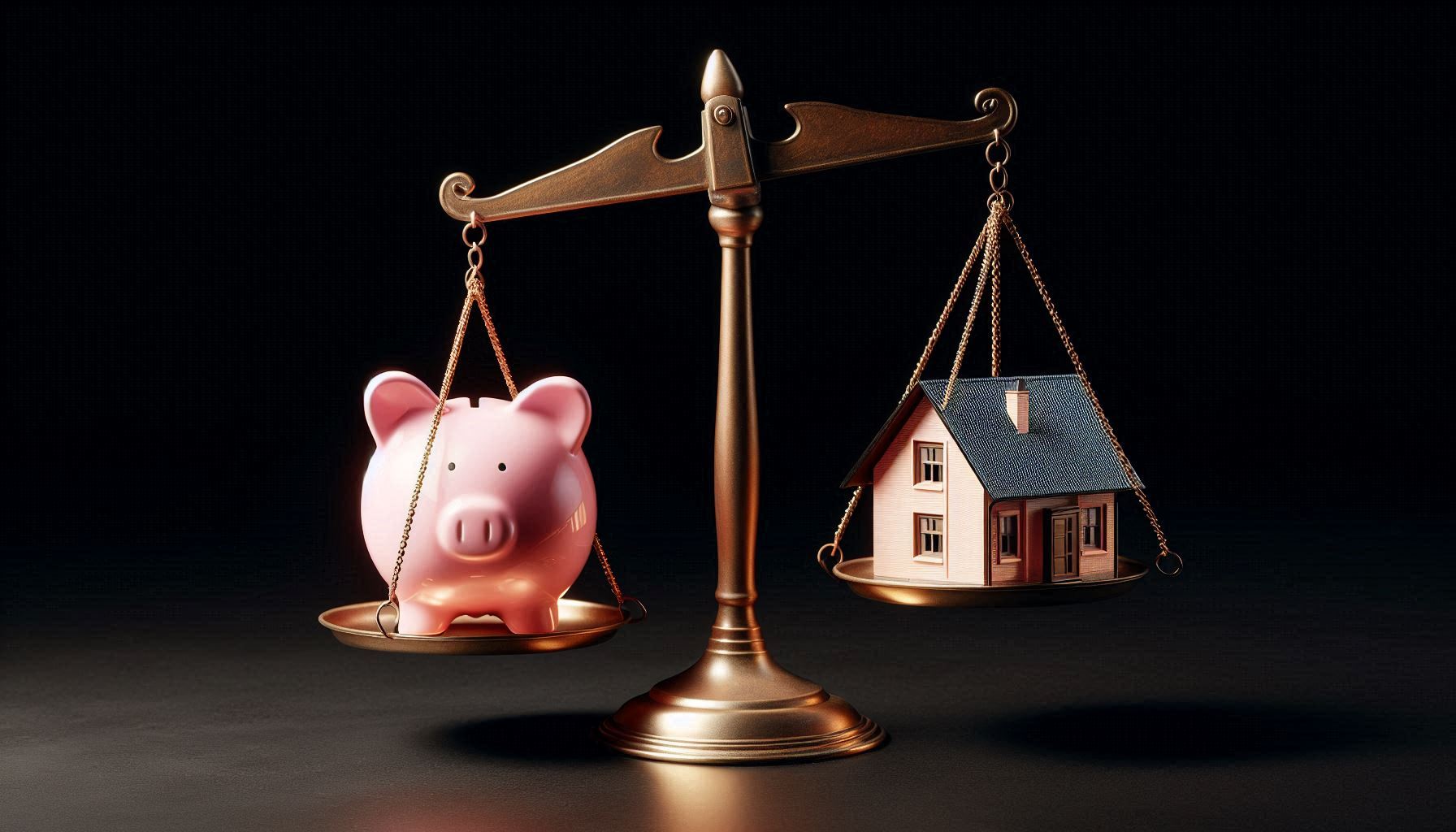Pay Off the Mortgage or Save for Retirement?
The short answer: it is almost always more advantageous to save for retirement than pay off your mortgage faster. Let's prove it with an example.

The Example
Let's say you earn $100,000 per year, and you can afford to spend $24,000/year of your income on mortgage payments, or $2000/month. At a 4% interest rate, you could afford a home worth $380,000 if you take 25 years to pay it off.
If you could afford to double-up mortgage payments, would it make more financial sense to pay off the mortgage, or put that money in a tax-free registered saving account such as a Roth IRA or TFSA?
Pay-off the Mortgage
If you could afford to double-up your 25-year mortgage payments, then it would be paid off in 9.5 years. So, after 9.5 years you would have the entire cost of the house as equity, that is $380,000.
Looking at a 25-year horizon, you could continue to save your default payment and double-up payments ($4000/month) into a tax-free account for the remaining 15.5 years. At 10% growth, your tax free account could have $210,000.
So, your total net worth after 25-years would be $590,000!
Save Instead
If you decided to make only default payments on your mortgage, and invest the double-up amount of $2000/month in a tax-free account, then you would pay off your mortgage in 25-years. And your tax-free account could have a balance of $260,000.
So, in this case your total net worth would be $640,000!
When Paying Your Mortgage is Better
If your savings growth is only 4%, then saving $4000/month for 15.5 years yeilds $88,000, and saving $2000/month for 25 years will amount to $64,000. So, when your savings growth rate is low, it may be more advantageous to pay off your mortgage first.
What does this mean?
Bottom line is, if you have an agressive savings portfolio earning more than 7% annual growth, then it will be better to save rathan than pay down your mortgage.
The Happiness Factor
Let's be honest, carrying a mortgage up-to or into retirement can be very stressful. Many people find it comforting to have paid off their mortgage earlier in life. It frees-up money to for savings, vacationing, or paying for kid's education or weddings.
Fun Facts
- Nearly 40% of U.S. millionaires still have a mortgage, even though they could pay it off. Why? They prefer to invest their money where it can grow faster!
- If you invested an extra $500 per month in the stock market instead of paying off a low-interest mortgage, you could have over $1 million in 30 years (assuming a 7% return).
- The first recorded mortgage dates back to 1190 in England, proving that debt and homeownership have always gone hand in hand!
- Investing in a 401(k) or IRA can provide tax benefits that make it an even better option than paying off a mortgage early. In some cases, Uncle Sam helps fund your retirement!
- Studies show that people who pay off their mortgage before retirement tend to feel happier and less stressed, even if they could have made more money by investing. Sometimes, peace of mind is priceless!
